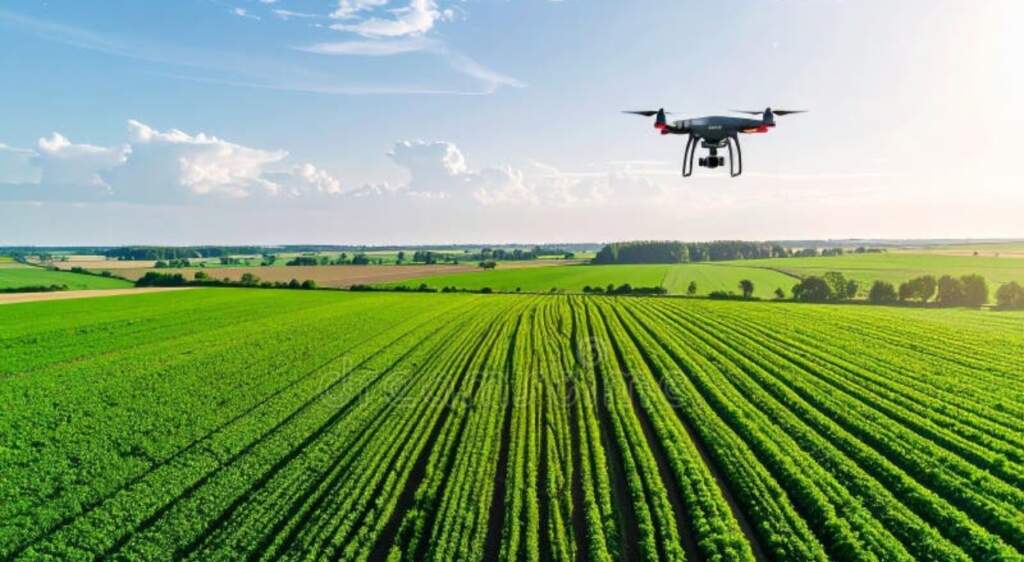
Digestate with biochar: an organo-mineral composite for sustainable agriculture
Digestate with biochar and glauconite is an innovative organo-mineral composite for reducing nutrient losses, prolonged plant nutrition, and increasing soil fertility.
August 2025 was a busy month for organic and regenerative agriculture around the world. From international summits to strategic business alliances, events confirm that the future of food is impossible without sustainable agricultural practices.
The international Organic Summit 2025 (OS25) was held in Copenhagen. The main theme was “Food for All on a Healthy Planet.” The summit brought together politicians, scientists, farmers and business leaders to discuss the role of organic production in combating the climate crisis, preserving biodiversity and ensuring food security.
This event coincided with the Danish presidency of the EU and highlighted the European goal of achieving 25% organic farming by 2030.

Regenerative agriculture is no longer just a trend, but a global standard in 2025. Seven key directions that will define the future:
These practices make agriculture more sustainable and profitable.
At the Agritechnica 2025 exhibition in Germany, the main topic was regenerative agriculture.
The emphasis is on technologies that help maintain soil fertility, adapt to climate challenges, and reduce the use of chemical fertilizers and pesticides in response to strict environmental regulations in the EU.
Despite the challenges of war, Ukraine’s organic farms demonstrate amazing resilience.
Large international corporations are also betting on sustainable agriculture. PepsiCo and Cargill announced a strategic partnership to implement regenerative practices on a large scale in the US. This shows that even agricultural giants see the future in ecological production models.

In parallel, educational programs are actively developing in the USA and Europe: webinars, conferences, online sessions help farmers gain new knowledge and put it into practice. This forms a powerful international eco-community.
August 2025 clearly showed:
The future of agriculture is based on models that simultaneously generate profits, protect the environment, and preserve human health.

Digestate with biochar and glauconite is an innovative organo-mineral composite for reducing nutrient losses, prolonged plant nutrition, and increasing soil fertility.

Soil degradation and water pollution are increasingly merging into a combined environmental crisis, especially in arid and post-industrial regions.

Introduction Among the promising and ecologically acceptable methods of environmental restoration, priority is given to biological approaches (bioremediation, phytoremediation), i.e., the purification of soils and…